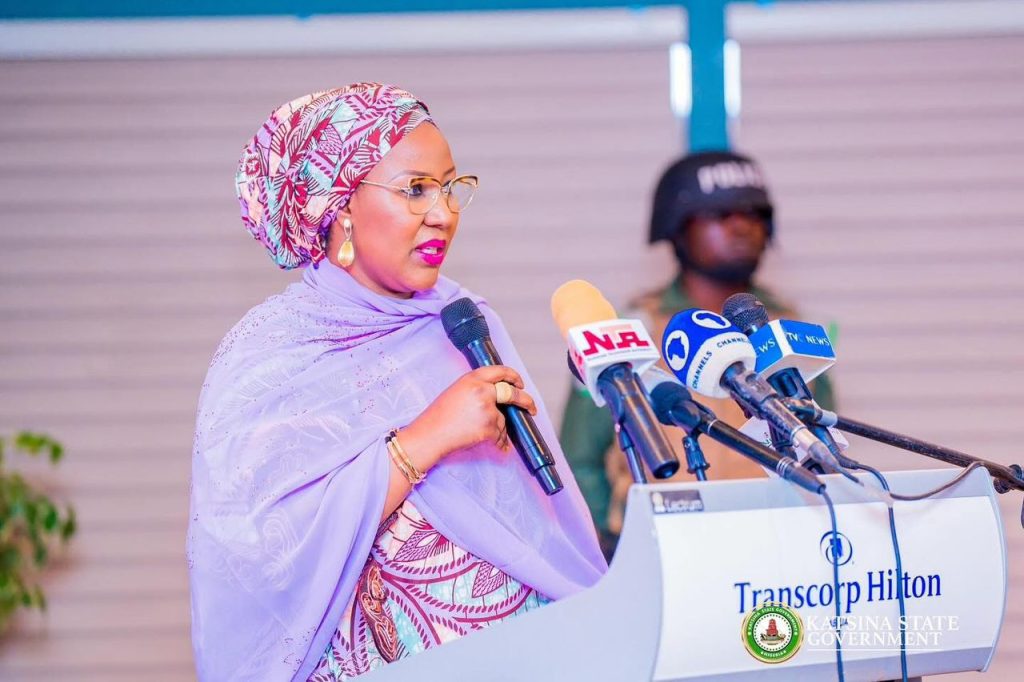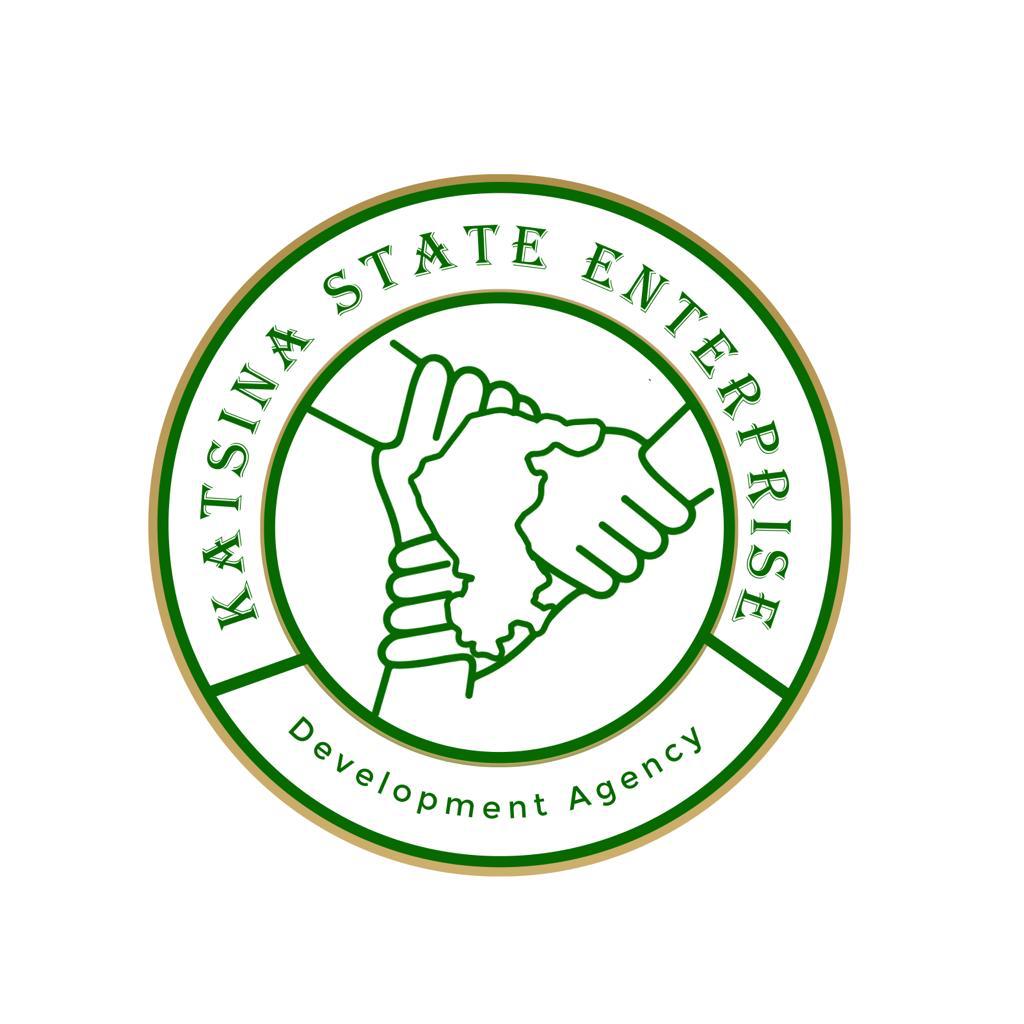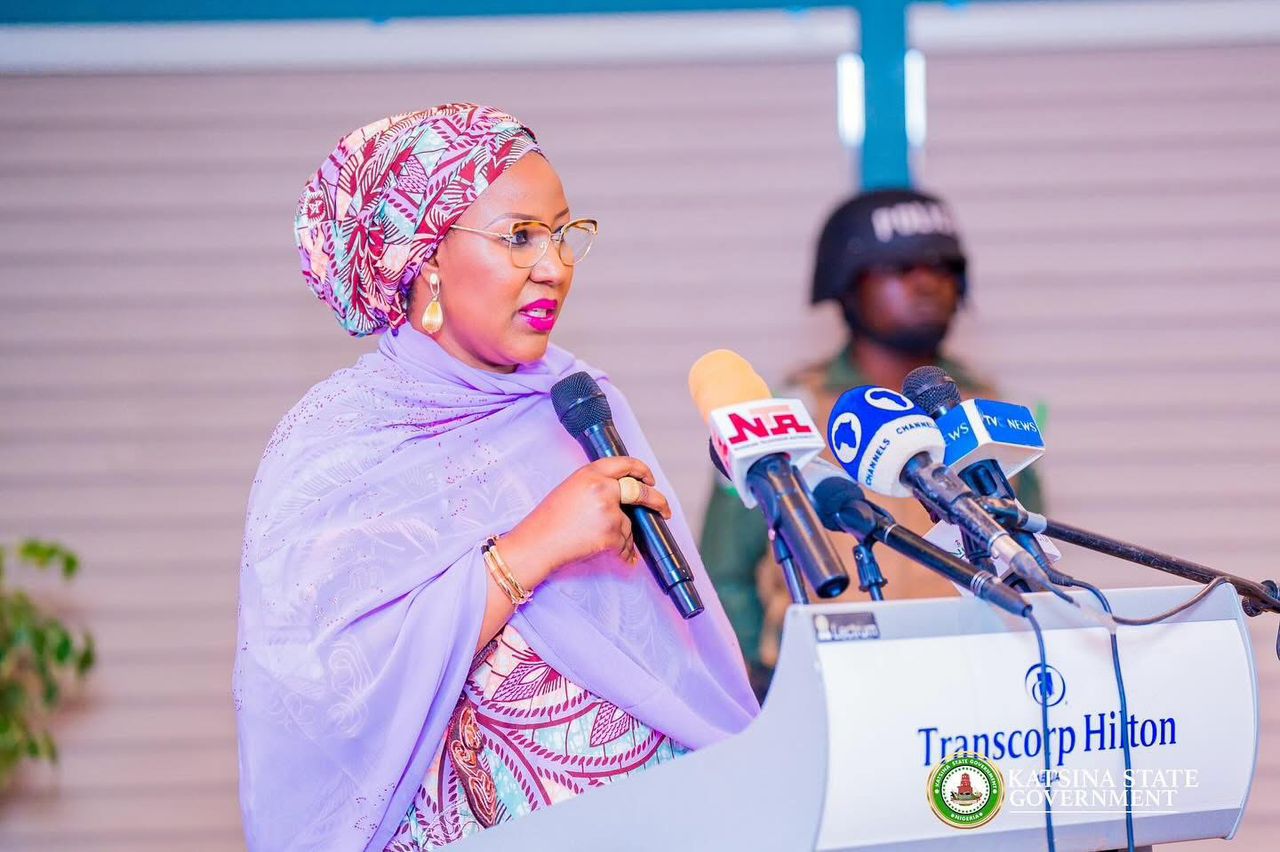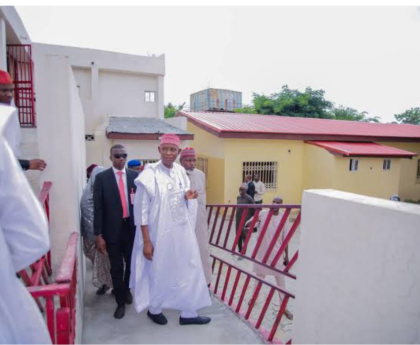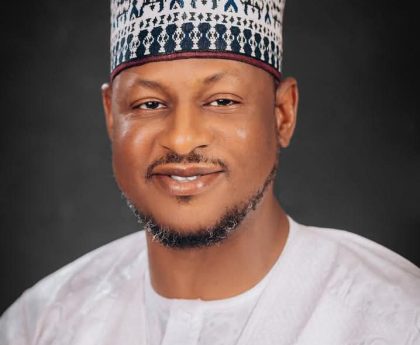“We have invested ₦9.952 billion. We will continue to work with NGOs, cooperatives, private sector actors, and international partners to deepen MSME growth.” – DG KASEDA
The Katsina State Enterprise Development Agency (KASEDA) has announced remarkable progress in advancing inclusive economic transformation through Micro, Small, and Medium Enterprises (MSMEs) between 2023 and 2025. So far, 23,912 beneficiaries have directly received support through its programmes, with over 200,000 new jobs projected across the state.
The Director-General of KASEDA, Aisha Aminu Malumfashi, disclosed this on September 14, 2025, while presenting a paper titled “Driving Inclusive Economic Transformation through MSMEs” during the high-level consultation on security and governance convened by Governor Dikko Umaru Radda.
She explained that KASEDA’s interventions have been central to strengthening entrepreneurship, empowering women and youth, and expanding financial inclusion in Katsina State.
According to her, Katsina currently hosts more than 1.7 million MSMEs, organized into 823 clusters across agriculture, trade, crafts, services, and the rapidly growing digital and creative industries. These enterprises provide livelihoods for millions and serve as key entry points for women and youth into the economy.
Highlighting the agency’s flagship Integrated MSME Development Program, Malumfashi said it is designed to reach 500,000 enterprises across all 34 LGAs, with particular focus on women, youth, startups, and entrepreneurs in conflict-affected communities.
The programme prioritizes financial inclusion, digital innovation, agro-processing value chains, and advisory services delivered through the DIKKO Business Development Services Corps.
Outlining key milestones, she revealed that KASEDA has facilitated over ₦5 billion in MSME financing, trained thousands of entrepreneurs in business and digital skills, and conducted an MSME census covering 600,000 businesses while mapping 50,000 clusters for investment planning.
She further emphasized human capital development through the establishment of entrepreneurship academies, including the Dikko Social Innovation Academy and the KASEDA Digital Academy, which jointly train more than 500 participants annually.
The DG also noted that the annual Katsina MSME Awards and Fair disbursed ₦10 million in grants to 200 vendors in 2025, creating more visibility and opportunities for local entrepreneurs.
Reaffirming KASEDA’s commitment, she listed several ongoing initiatives. These include a ₦3.4 billion MSME Revolving Fund managed with the Bank of Industry and Sterling Bank, which has already supported more than 3,000 entrepreneurs across the 34 LGAs.
She also highlighted the ₦542 million UNDP Livelihood Support Programme, which trained 2,000 beneficiaries, provided grants to 1,700 nano and micro businesses, supported 300 SMEs with revolving loans, and gave start-up capital to 1,000 young entrepreneurs.
Another major intervention is the Shared Industrial Development Centre, upgraded with SMEDAN at a cost of ₦1 billion. The facility now supports the textiles, ICT, packaging, and agribusiness sectors, with about 50 entrepreneurs using it daily.
In addition, she recalled that over 10,000 MSMEs benefitted from World Bank KT-CARES grants, with 234 enterprises receiving IT toolkits. The Mechatronics Apprentices Support Program (MASP) is also training 3,000 youths in automobile technology, complete with stipends and starter packs.
Malumfashi stressed that women and youth remain at the centre of KASEDA’s development agenda. She outlined several ongoing projects designed to provide rural communities with more opportunities.
Among them is the Katsina Graduate Entrepreneurship Fund (KGEF), which offers final-year tertiary students seed grants and interest-free loans ranging from ₦200,000 to ₦500,000. Each year, between 1,500 and 2,000 students are expected to benefit, enabling them to start small businesses after graduation.
She also mentioned the DIRWYFI Initiative, which targets 8,000 rural women and youth annually with training, resources, and opportunities that can help lift families out of poverty.
In addition, traditional industries are being modernized. The Kilishi and Hula clusters are being upgraded across the state. In Kayauki and Rafin Dadi, kilishi producers are receiving technical support to improve standards, while hula producers in Daura, Mani, and Mashi LGAs are also being assisted. These interventions will preserve traditional skills while boosting incomes.
Another important programme is the establishment of Cassava and Gari Processing Centres in Wagini and Batsari. These facilities are designed to empower farmers by increasing processing capacity and linking them to wider agribusiness value chains.
Beyond creating jobs, the centres also contribute to food security in Katsina.
The Food Bank Loan Project is also ongoing, providing thousands of households with regular food loan support. This initiative strengthens nutrition, supports community resilience, and creates opportunities for nano food vendors and small-scale MSMEs in the food sector.
More than 500 women and youth have also taken part in Entrepreneur Mindset Reset Workshops on innovation and sustainability, while the Katsina Graduate Entrepreneurship Fund continues to support final-year students with take-off capital for small businesses.
Summarizing KASEDA’s overall impact between 2023 and 2025, Malumfashi revealed that the agency has directly supported 23,912 beneficiaries through financing, training, digital empowerment, and value chain development programmes.
These interventions, she emphasized, are projected to create over 200,000 jobs and position Katsina as one of Nigeria’s leading hubs for entrepreneurship and inclusive economic growth.
She concluded by stressing that all these achievements were made possible under Governor Radda’s vision of a prosperous Katsina powered by entrepreneurship, with strong support from NGOs, cooperatives, private sector actors, donor agencies, and international partners.
She assured that KASEDA will continue to deepen MSME growth, ensure women and youth inclusion, and advance this vision across the state.
The MSME briefing formed part of Governor Radda’s wider engagement with the people of Katsina State, designed to keep them informed and involved in the economic transformation of their communities.
Ibrahim Kaula Mohammed
Chief Press Secretary to the Governor, Katsina State
17 September, 2025
